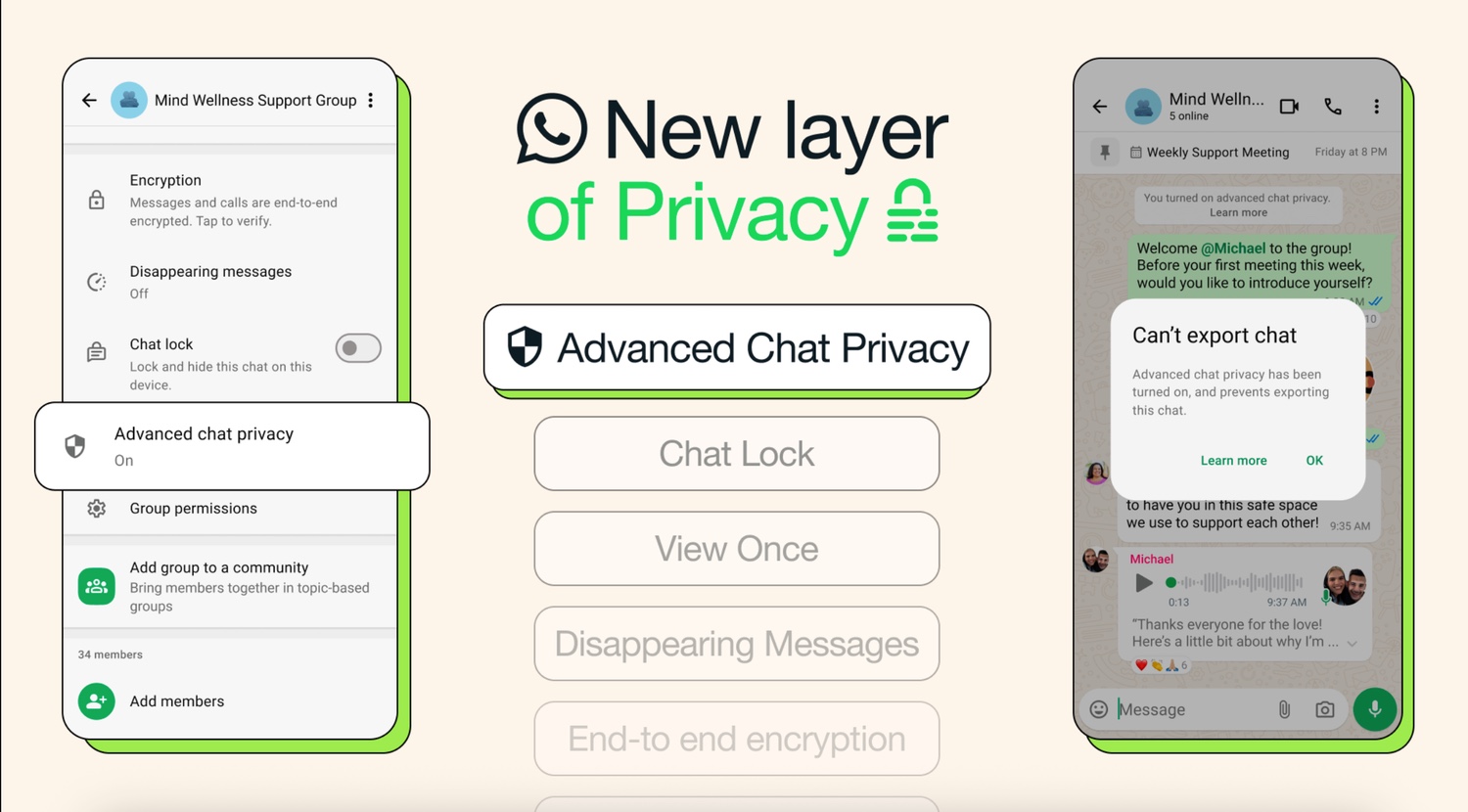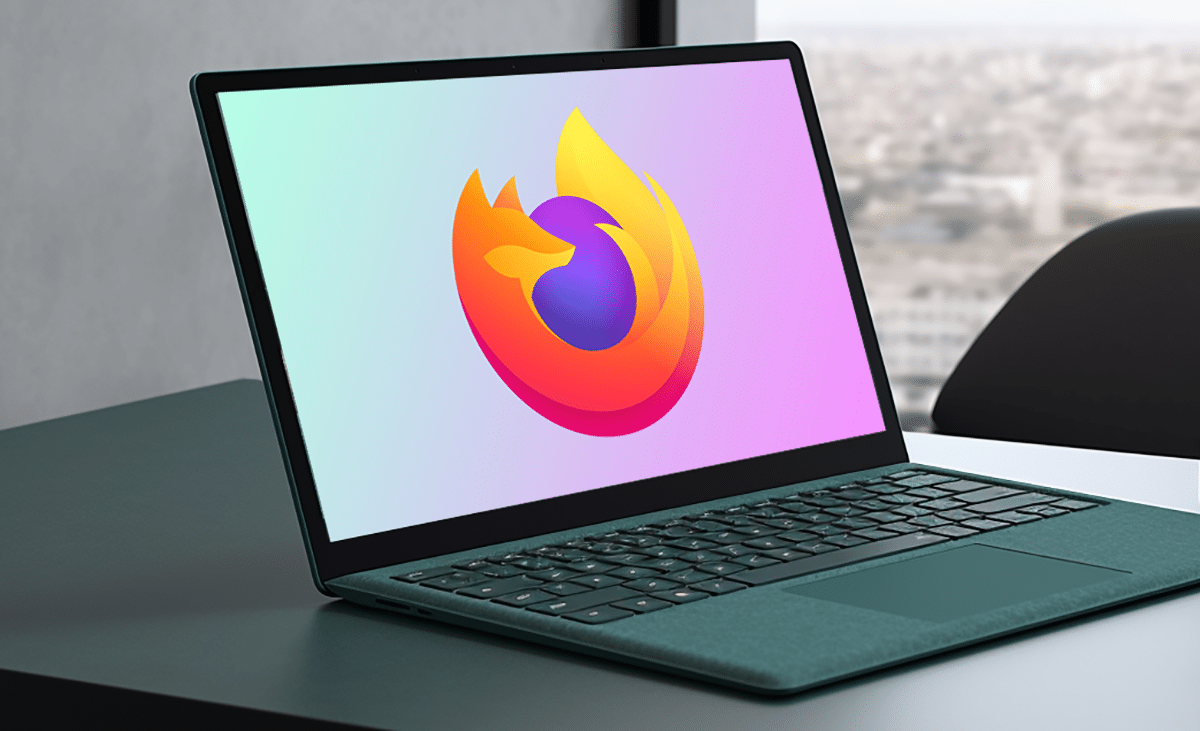
Elon Musk quietly kills encrypted DMs on X and you should be furious
X, the social platform formerly known as Twitter, just yanked one of its most important privacy features. In a quiet and deeply troubling move, the company announced it is pausing end-to-end encrypted direct messages. Worst of all, there is no clear timeline or meaningful explanation.
According to a post from the official engineering account, encrypted DMs are being temporarily suspended while the team works on improvements. But here’s the kicker: users can still send and receive DMs, they just won’t be encrypted anymore. In other words, your messages are now visible to anyone at X with the right level of access. Hell, this potentially makes them more accessible to hackers too!

Big tech's privacy paradox: Why regulatory alignment is now a technical imperative
The integration of Meta AI into WhatsApp represents a fascinating case study in how technical capabilities can undermine strategic positioning.
WhatsApp’s success was built on a simple technical promise -- end-to-end encryption that creates a secure communication channel. Yet, the introduction of an AI chatbot that explicitly warns users against sharing sensitive information exposes a fundamental architectural contradiction that has broader implications for the tech industry.

Your Linux apps could be leaking data -- oniux is built to stop it
A new tool called oniux has landed for Linux users who take their privacy very seriously. If you want to make sure your apps never leak data outside of the Tor network, oniux could be your new favorite command-line utility.
Oniux takes any Linux app and drops it into its own isolated network environment. From there, the app can only connect to the internet using Tor. This isn’t a trick with proxy settings or patched libraries. It uses actual features built into the Linux kernel, giving it a level of protection that’s hard to beat.

Brave open sources Cookiecrumbler to make cookie consent blocking smarter
Brave just made a move that should make privacy enthusiasts pretty happy. The company has officially open sourced Cookiecrumbler, a tool designed to automatically detect and help block those obnoxious cookie consent banners you see across the Web. These pop-ups are not only annoying but, according to research, often track users even when they click reject. Cookiecrumbler aims to stop that nonsense while avoiding the headaches that can come with sloppy blocking rules.
Lately, Brave has been my go-to web browser. It’s open source, cross-platform, and runs beautifully on Linux, which I appreciate as a Linux fan. Even better, it handles ad-blocking on iOS -- something many other browsers don’t offer. And perhaps most importantly, it does all of this without relying on Google.

Navigating data privacy and security challenges in AI [Q&A]
As artificial intelligence (AI) continues to reshape industries, data privacy and security concerns are escalating. The rapid growth of AI applications presents new challenges for companies in safeguarding sensitive information.
Emerging advanced AI models like Deepseek, developed outside the US, underscore the risks of handling critical data. We spoke to Amar Kanagaraj, CEO of Protecto -- a data guardrail company focused on AI security and privacy -- to get his insights on the most pressing AI data protection challenges.

Your WhatsApp conversations have just been made much more secure thanks to the new Advanced Chat Privacy
There are lots of privacy and security features built into WhatsApp, but there have been a few oversights. Looking to remedy this, a new “privacy layer” called Advanced Chat Privacy provides powerful options.
The feature has been designed with those conversations that need to be kept private in mind. It gives the option of blocking anyone you are chatting to -- one-on-one or in a group -- from exporting chats. It’s a nice security boost, but it’s not infallible.

Google warns DOJ breakup plan could destroy Android and Chrome -- plus hurt the US economy
Google is hitting back at the Department of Justice over a proposed plan that could force massive changes to how the company operates. The DOJ, which sued Google back in 2020 over search distribution practices, is now pushing for remedies that Google says go way too far -- and could end up hurting American consumers, innovation, and even national security!
In a new blog post, the search giant says the proposed changes are not only unnecessary but also dangerous. At the heart of the issue is how Google partners with phone makers and browsers to make its search engine the default. According to Google, people use its search because they want to -- not because they’re forced to. The company says blocking these deals would just make it harder for people to get to the services they prefer, with alternatives like Microsoft’s Bing being pushed on users instead.

Microsoft thinks its controversial Recall feature is ready for some Windows 11 users to try out... install it if you dare
When Microsoft first added the AI-powered Recall feature to Windows 11, it could hardly have been expecting the backlash that came from users. Concerns about privacy and security forced the company to delay the rollout of the activity and screen monitoring snapshot tool.
Now Microsoft thinks it has made the improvements required to calm the concerns of those who spoke out very loudly against the tool. A new preview version of Recall is making its way to some users right now.

Mozilla to simplify Firefox extension installs with new data privacy system
Oh, thank heaven. Mozilla is finally doing something about the horribly messy (and sometimes confusing) data consent experience in Firefox extensions. If you’ve ever installed a Firefox add-on and been hit with some clunky, homemade data collection prompt, you’re not alone. Now, Mozilla is stepping in to cure the insanity. You see, the organization will be adding a standardized data consent system into the installation process.
This new system, expected to arrive later this year, will thankfully eliminate the need for developers to write their own data consent screens. Instead, extension creators will just declare what data the add-on collects in the manifest file. And just like that, Firefox will handle the rest.

AI contributes to a more complex privacy landscape
Despite many organizations reporting significant business gains from using GenAI, data privacy is still a major risk. Notably, 64 percent of respondents to a new survey worry about inadvertently sharing sensitive information publicly or with competitors, yet nearly half admit to inputting personal employee or non-public data into GenAI tools.
The latest Data Privacy Benchmark Study from Cisco, with input from from 2,600 privacy and security professionals across 12 countries, shows an increased focus on investing in AI governance processes, an overwhelming 99 percent of respondents anticipate reallocating resources from privacy budgets to AI initiatives in the future.

Firefox users have easy access to a powerful and customizable VPN with the Mozilla VPN extension
Mozilla is pushing its new VPN extension for Firefox as a way of simplifying the often confusing world of VPNs. Whether users are turning to a VPN for security, privacy, or to access content that’s only available in other countries, the Mozilla VPN extension is touted as a hassle-free option.
At the moment, the extension is only available for users of Firefox on Windows, but there are plans to release versions for Linux and macOS as well. Product manager for Mozilla VPN, Santiago Andrigo, explains what makes this VPN tool stand out from the crowd.

Trust in digital services in decline
A new survey of over 14,000 consumers across 14 countries finds that most industries experienced a decline in consumer trust compared to last year.
The latest Digital Trust Index from Thales shows banking tops the index for the second year in a row, but levels of trust have fallen among Gen Z customers.

AdGuard brings full-system ad blocking to Linux with new standalone app
For many years now, Linux users looking to block ads have needed to piece together a mixture of browser extensions, DNS-based filtering, and network-wide tools (such as Pi-hole). While these solutions certainly help, none of them offer complete system-wide protection.
Yeah, with Windows and macOS users having access to various tools for years, Linux users have mostly had to rely on workarounds. That’s where AdGuard for Linux comes in! Yes, folks, we finally have a dedicated ad blocker that works across all browsers and applications!

New cybersecurity product seeks to safeguard executives and their families
You might not often feel sorry for executives and entrepreneurs but research from Deloitte shows that their 'family offices' are prime targets for cybercriminals looking to exploit their personal networks, private data, and home devices which represent a weak security link.
This is why BlackCloak is launching Digital Executive Protection, an enhanced family office cybersecurity bundle designed to protect high-net-worth individuals, and corporate leaders.

Forget Google Chrome and Firefox, LibreWolf is the privacy focused browser you've been looking for
Are you frustrated by Mozilla’s recent leanings towards putting revenue ahead of privacy? Fans of Firefox who are looking to take their privacy to the next level (and beyond any potential compromises Mozilla might make going forward) should take a look at LibreWolf, available for Windows, macOS and Linux.
LibreWolf is a direct fork from the latest version of Firefox with a raft of additional privacy measures added to make your browsing experience even more private.
